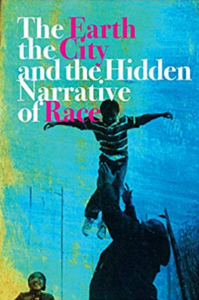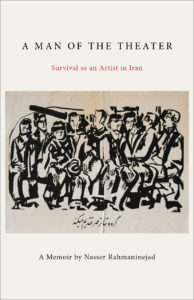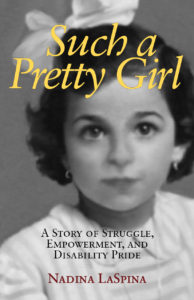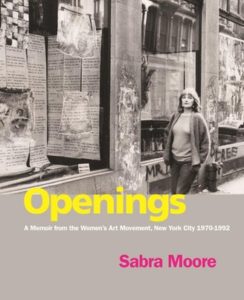In this period of sheltering in place, we invite you to pick up some engaging reading. Our memoirs are the perfect fit for any reader who wants to learn more about social issues or simply needs a good story to escape.

The Earth, the City, and the Hidden Narrative of Race
The earth and its people are inextricably intertwined; the fight for ecological sustainability cannot be won without a serious reckoning with racism, past and present. —African and Black Diaspora: An International Journal
Carl Anthony is an environmental and social justice leader and the founder of Urban Habitat. His rich narrative describes both being at the mercy of racism, urban disinvestment, and environmental injustice as well as fighting against these forces with a variety of strategies. Now available on Audible.

Visitors: An American Feminist in East Central Europe
Ann Snitow’s extraordinary gifts for friendship and organizing spill off the pages of this illuminating memoir, which lights up a formerly obscure but important aspect of our history. —Alix Shulman
After the fall of the Berlin Wall, Ann Snitow takes us on a journey through East Central Europe, where she helps organize a growing feminist movement. Her reflections on embracing change offer us guidance in the time of an unprecedented pandemic.

A Man of the Theater: Survival as an Artist in Iran
Nasser’s tale of his art and its encounter with power is told with the poignant humour and devastatingly profound honesty that characterizes his life and his work. —Syrus Samii, author of The Blue Flower of Forgiveness
Written in a simple direct style, Nasser Rahmaninejad’s memoir describes his fraught creative life as a theater director during the two great upheavals of Iranian history in the 20th century.

Such a Pretty Girl: A Story of Struggle, Empowerment, and Disability Pride
In this insightful memoir, disability activist LaSpina effortlessly shares how her personal experiences led to her activism, creating a compelling story that is both instructive and moving. —Starred Booklist
Written as continuous narrative and in a subtle and intimate voice, Nadina LaSpina’s memoir is as captivating as a novel. It is one of the few disability memoirs to focus on activism, and one of the first by an immigrant.

In the Company of Rebels: A Generational Memoir of Bohemians, Deep Heads, and History Makers
Glendinning’s portraits are uniquely intimate even as they explore her subjects’ powerful conviction and passion for justice. In the Company of Rebels is one of the most profoundly moving books I’ve read in years. —Margaret Randall, author of Exporting Revolution
Through a series of 43 vignettes, Chellis Glendinning creates a collective portrait of the activists she knew and worked with who raised and fought for issues of justice we’re still grappling with today.

By Heart: Poetry, Prison, and Two Lives
…a book that will anger you, give you hope, and break your heart. —Gloria Steinem
A two-person memoir by poets Spoon Jackson and Judith Tannenbaum—one a life prisoner, and the other his writing teacher—that explores education, prison, and which children our world nurtures and which it shuns. At the book’s core are two stories that speak up for human imagination, spirit, and the power of art.

Homeboy Came to Orange: A Story of People’s Power
Homeboy Came to Orange is an essential read for anyone who wants to organize for change in their towns, schools, churches or communities. It is a story that is at once inspiring, challenging, and unwavering. —Terri Baltimore, Director of Community Engagement, Hill House Association
African American, labor union pioneer Ernest Thompson dedicated his life to organizing the powerless. This lively, illustrated personal narrative of his community organizing work shows the great contribution that people’s coalitions can make to the struggle for equality and freedom.

Openings: A Memoir from the Women’s Art Movement, New York City 1970–1992
Sabra Moore has created a generous and wonderfully readable account of the women artists working in New York in these two vital decades of struggles and achievements. —Ann Sutherland Harris, Professor Emeritus, History of Art and Architecture, University of Pittsburgh
Illustrated throughout by a treasury of 950 color and black & white images of the art from this momentous period, artist Sabra Moore’s personal narrative takes readers through twenty-two years of activism in the women’s art movements in New York City during a period of great cultural change.

Conversations with Diego Rivera: The Monster in His Labyrinth
Conversations with Diego Rivera provides rare documentation of his confluence of politically egalitarian views and the arts. —Hyperallergic
These intimate Sunday dialogues between journalist Alfredo Cardona Peña with Diego Rivera, surely the most influential Mexican artist of the twentieth century, show us the free-flowing mind of a man who was a legend in his own time.
